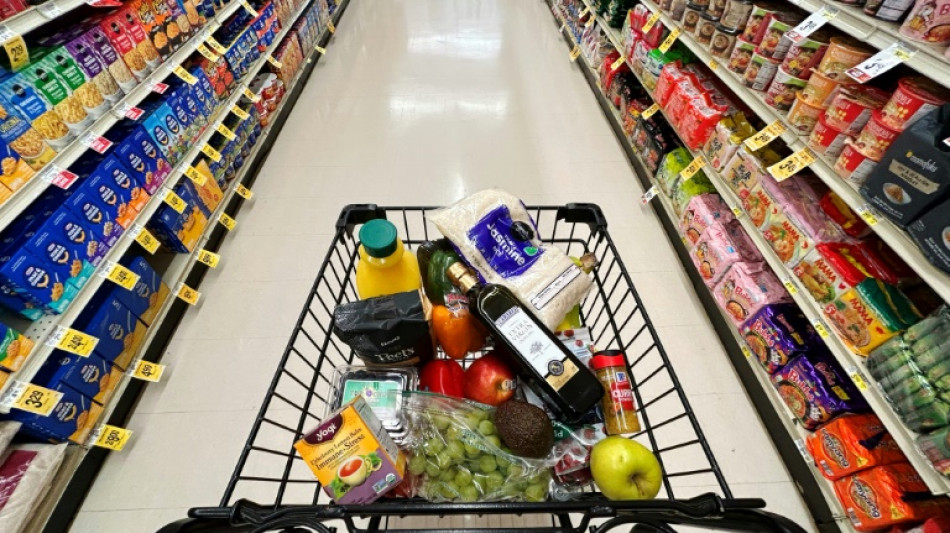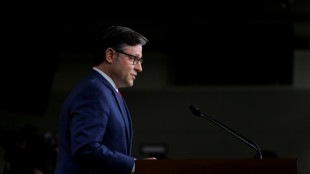

US retail sales little changed, signs of pullback after pre-tariff rush
Retail sales in the United States were near-flat in April, government data showed Thursday, with indications that spending is slowing after consumers rushed to beat higher prices from President Donald Trump's sweeping tariffs.
Overall sales nudged up 0.1 percent to $724.1 billion last month, the Commerce Department said, slightly below a Briefing.com consensus forecast.
But the rate was significantly down from March's revised growth of 1.7 percent, when buyers sought to get ahead of Trump's broad levies that he said were coming in April.
From a year ago, retail sales were still up by 5.2 percent last month.
"It does look like the consumers, as was generally expected, are starting to pull back," Nationwide chief economist Kathy Bostjancic told AFP.
"They pulled forward so much spending ahead of the tariffs. It's only natural that we're going to see some payback in the coming months," she added.
Analysts had expected headline retail sales to be relatively flat, in part after auto sales jumped in March.
Excluding sales at motor vehicles and parts dealers, retail sales rose 0.1 percent between March and April.
Sales at gasoline stations dropped 0.5 percent from the prior month in April, while those at vehicles and parts dealers slipped 0.1 percent too.
But Oxford Economics' deputy chief US economist Michael Pearce noted the auto sector's performance remained resilient and that "a decent rise in spending at bars and restaurants" suggests a plunge in consumer confidence had yet to fully hit discretionary spending.
Sales at restaurants and bars increased 1.2 percent.
Although analysts at Pantheon Macroeconomics anticipated other components to hold up, spending on clothing and at department stores slid.
- 'Broader slowdown' -
The shifts came as consumer confidence fell last month, reflecting concerns about Trump's tariffs on friend and foe, particularly targeting goods from China.
Apart from imposing a 10 percent tariff on most trading partners, Trump targeted imports from China with much sharper levies above 100 percent, but now at 30 percent after a temporary de-escalation this week.
Pearce of Oxford Economics said retail spending will likely weaken ahead, anticipating a "broader slowdown in response to tariff-fueled price increases."
Already, major retailer Walmart warned Thursday of higher prices and continued uncertainty over tariffs.
"That's going to weigh on spending," said Bostjancic. "We also think that the labor market will continue to weaken," translating to less job and income growth that consumers can tap to fund purchases.
X.Polak--SbgTB



